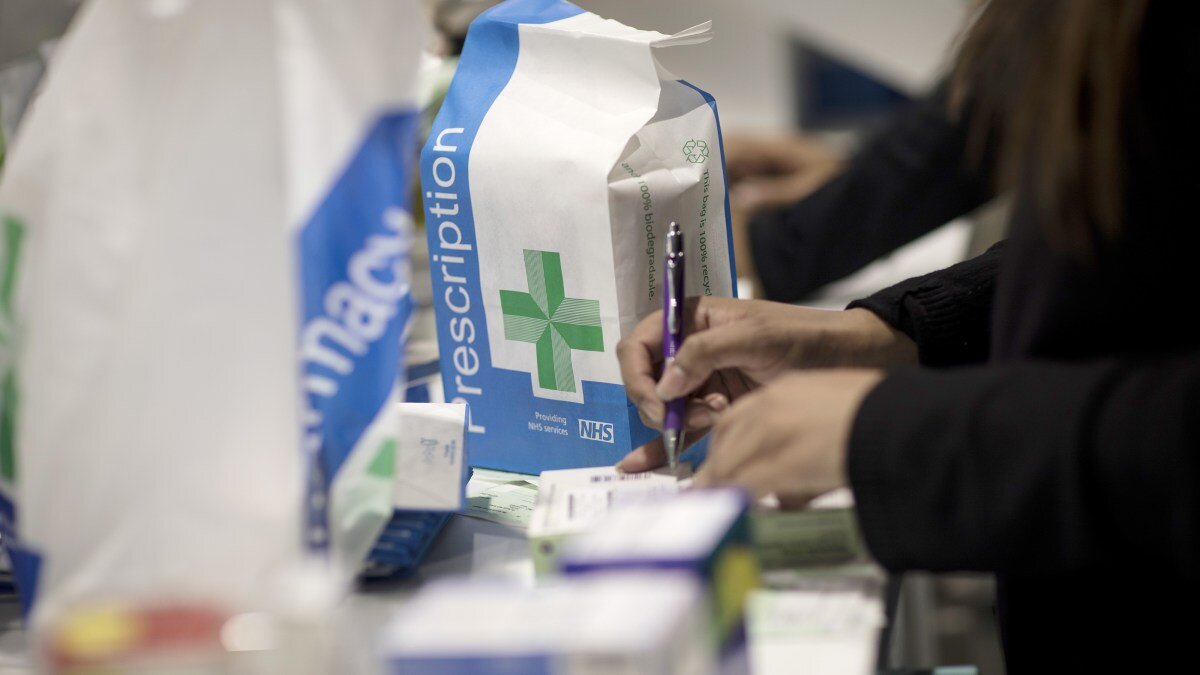2024 was a year of significant change for community pharmacy and also a year of many challenges. The last 12 months has seen pharmacies take on even greater responsibility for the delivery of clinical care but without the funding or support they need to deliver it. This has pushed many community pharmacies to breaking point. In 2025 something has to give. Our Sales and Marketing Director, Louise Laban, takes a look at the three biggest challenges community pharmacy faces in 2025.
2024 finally saw the launch of a Pharmacy First scheme in England, aimed at reducing pressure on the wider NHS, improving patient access and making better use of the pharmacist’s clinical skills. It should have been a seminal moment for pharmacy and to some extent it has been. But despite best efforts, ongoing problems with funding, a lack of capacity, a lack of IT systems and a lack of awareness means target thresholds were reduced on numerous occasions.
The scheme is up and running but the support tools to really make it a success have not been given to pharmacy. There is still no new pharmacy funding contract, supervision changes are still needed to allow technicians to play a greater role in dispensing and hub and spoke is still only possible for a small section of the pharmacy market.
In 2025 something has to give! If pharmacies spend another 12 months without the support they need, then many more high street pharmacies are at risk of closing their doors once and for all.
Here are three key issues that are needed to support community pharmacy to thrive in 2025:
One: A new pharmacy funding contract
Without doubt, the biggest challenge facing community pharmacy right now is inadequate funding for the sector. A flat rate funding deal for five years has left community pharmacy with a black hole in excess of £1billion pound. That funding deal ran out in April 2024 and as of December 2024 not only is there not a new contract to replace it, talks between the Department of Health and Community Pharmacy England have barely got off the ground. To make matters worse the autumn budget further compounded funding challenges for pharmacy by increasing the national living wage and employee national insurance contributions. The number one priority for community pharmacy in 2025 has to be a new pharmacy funding contract that is fit for purpose and ensures community pharmacy is properly funded for all the services they provide.
Two: Hub and Spoke Legislation
Community pharmacy also needs to be able to create capacity in store to deliver new services in line with the current NHS vision to shift more care into the community. One option is to move to hub and spoke which takes an average of 80% of original pack repeat dispensing volumes out of pharmacy stores. This can free up over four hours of pharmacist’s time per day to deliver patient facing services. Currently hub and spoke is only an option for pharmacies within the same legal entity. Legislation to make hub and spoke accessible for all pharmacies was due to be rolled out in January 2025 but it has been delayed. We’re calling for the Government to move ahead with model one of the hub and spoke legislation where medicines are returned from the hub to the pharmacy ready to be dispensed to the patient. More time, if required, can be taken to review the second model of hub and spoke, where the hub sends the medication directly to the patient. Model one legislation will level the playing field for smaller and independent pharmacies, allowing them to use a hub and spoke model of their choice now to create capacity for clinical services
Three: Collaboration with GPs
In addition to capacity, one of the biggest challenges with Pharmacy First has been a lack of patient knowledge about the service. This is down in part to a sub-standard marketing campaign. But it also down to a lack of co-operation from some GP surgeries in some parts of the country who seem to be reluctant to refer or make patients aware of the service. It’s not just Pharmacy First that has been impacted by a lack of GP collaboration. Just a couple of months ago some GP leaders in England called for the pharmacy hypertension service to be halted immediately after they claimed it had a negative impact on GP workloads. Clinical services in pharmacy will only alleviate the pressure on general practices if they refer appropriate patients to pharmacies. It is essential that in 2025 the NHS provides more support to general practices to improve collaboration and ensure Pharmacy First referrals are made.
Pharmacy Automation by Centred Solutions
At Centred Solutions, we offer a range of pharmacy automation software to support your pharmacy.
Whether you are a standalone pharmacy that could benefit from your own mini hub or you need support managing patient medication from a wholesaler or warehouse, we have the solution for you.
Contact us today to arrange a demonstration of any of our products.



